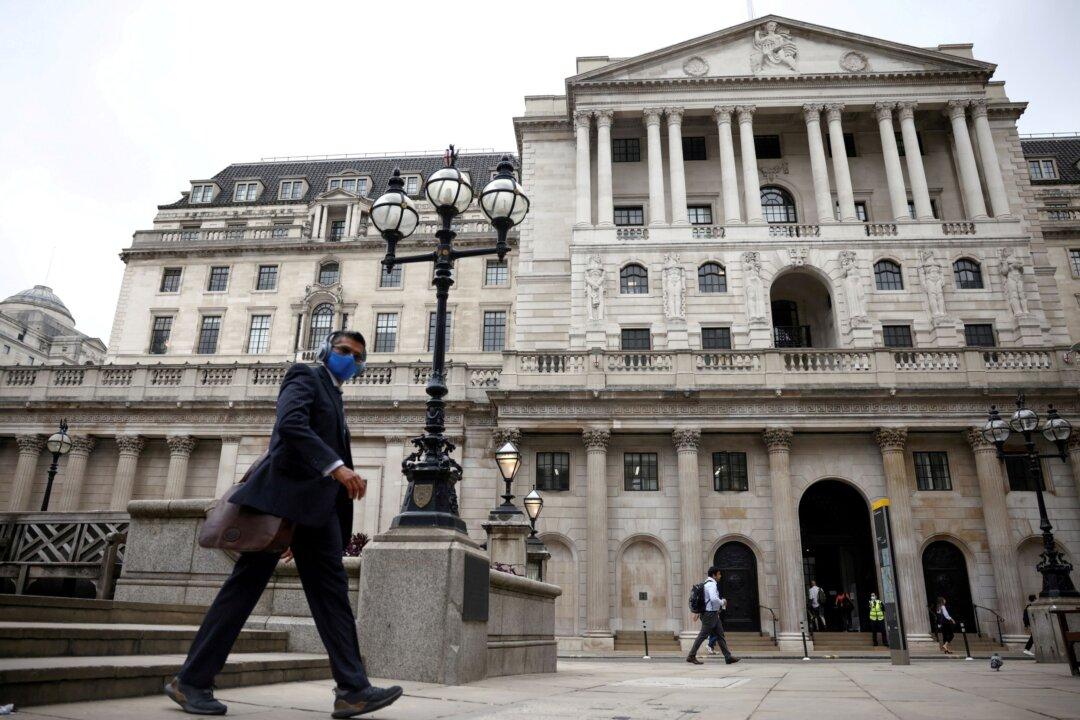The Bank of England, Britain’s central bank, has sought to restore financial stability with an emergency bond-buying programme, after the government’s new fiscal policy caused the pound to dive and borrowing costs to soar.
The British pound on Monday plunged by more than 4 percent to just $1.03, an all-time low. It recovered to about $1.08 on Tuesday, but fell back to $1.06 on Wednesday morning. There has also been a sell-off of UK government bonds, known as gilts.





